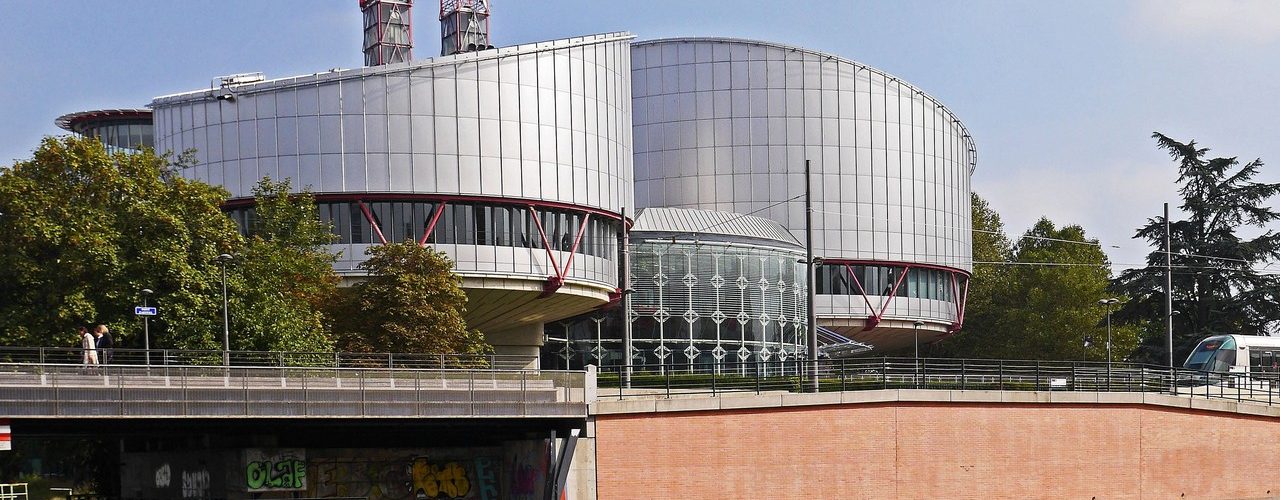Context: Value added tax – Directive 2006/112 – Right of a managing holding that supplies taxable output services to subsidiaries, to deduction even for services that it obtains from third parties and contributes to the subsidiaries in return for the granting of a share in the general profit, even though the obtained input services are directly and immediately linked to the (largely) tax-exempt activities of the subsidiaries and not to the holding’s own transactions – exclusion of deduction on the grounds of abuse of rights or conflict with the system.
Articles in the EU VAT Directive
Articles 167 and 168(1) of the EU VAT Directive 2006/112/EC.
Article 167 (Right to deduct VAT)
A right of deduction shall arise at the time the deductible tax becomes chargeable.
Article 168(a) (Right to deduct VAT)
In so far as the goods and services are used for the purposes of the taxed transactions of a
taxable person, the taxable person shall be entitled, in the Member State in which he carries
out these transactions, to deduct the following from the VAT which he is liable to pay:
(a) the VAT due or paid in that Member State in respect of supplies to him of goods or
services, carried out or to be carried out by another taxable person;
Facts
- The applicant is a company active in construction projects and the sale / management / exploitation thereof.
- The applicant provided services for consideration at a later stage, in the form of accounting and management services for its subsidiaries X-KG and Y-KG.
- The applicant is therefore in principle entitled to the full deduction of input tax from the services it purchased at an earlier stage.
- However, the defendant (the German tax authorities) assessed the applicant’s contribution for no consideration in favor of X-KG and Y-KG as activities that did not serve to obtain revenue from it under VAT law and which therefore cannot be classified under the applicant’s business activity.
The question arises whether the applicant purchased the services purchased at an earlier stage, which it passes on to X-KG and Y-KG as a contribution from the partner, for its company and whether the associated costs are part of its “overheads”. If the Court were to hold that the services in question would at an earlier stage give rise to the right to deduct input tax, the referring court wonders whether the intermediation of a parent company in the chain of services to the subsidiary in order to obtain deduction of input tax is it is not entitled to, constitutes an abuse of law.
Questions
(1) In circumstances such as those at issue in the main proceedings, are Article 168 (a) in conjunction with Article 167 of Council Directive 2006/112 / EC of 28 November 2006 on the common system of value added tax to be interpreted as meaning that a board holding company, which at a later stage carries out transactions taxed for subsidiaries, is also entitled to deduct input tax on services it purchases from third parties and in return for a share in the general profit it contributes to the subsidiaries, although the previously decreased services are not directly and directly related to the holding company’s own operations, but to the (highly) exempt activities of the subsidiaries,and the services purchased at an earlier stage are not included in the price of the taxed transactions (performed for the subsidiaries) and are not part of the general costs of the holding’s own business operations?
(2) If Question 1 is answered in the affirmative, does it constitute an abuse within the meaning of the case-law of the Court of Justice of the European Union (‘the Court’) when an administrative holding as an ‘intermediary’ in the chain of services to subsidiaries is recognized in such a way that it purchases the services for which the subsidiaries would not be entitled to deduct input tax in the event of a direct supply of services, transfers them to the subsidiaries against a share in their profits and then relies on its position as a board holding claim deducts in full the input tax on the services at an earlier stage, or can this interconnection be justified on non-tax grounds,although the full deduction of input tax is in itself contrary to the system and would lead to a competitive advantage of holding arrangements over single companies?
Source
References to other ECJ Cases
- C-108/14;
- C-320/17; C&D Foods Acquisition
- C-502/17; MVM
- C-28/16; Portugal Telecom
- C-496/11; Ryanair
- C-249/17; Iberdrola Inmobiliaria Real Estate Investments
- C-132/16;
- C-405/19; The Chancellor, Masters and Scholars of the University of Cambridge
- C-316/18; Halifax et al.
- C-255/02;
- C-251/16; T Danmark et Y Danmark
- C-116/16 and C-117;
Newsletter















